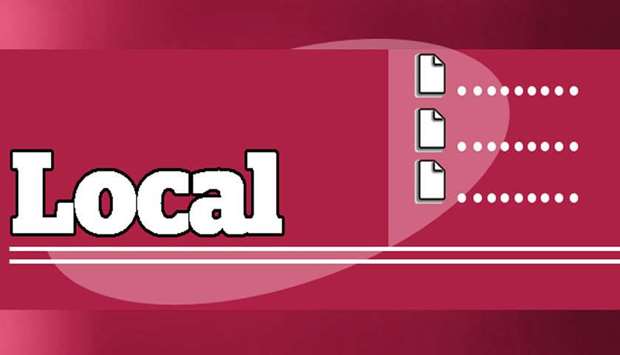The Gulf Cooperation Council (GCC) is grappling with a low research and development (R&D) investment of mere 0.5% of the region’s gross domestic product (GDP), according to the Institute of International Finance (IIF), the US-based economic think-tank.
“The GCC itself is grappling with a longstanding deficit in R&D investment, which at approximately 0.5% of GDP is low even compared to other developing economies,” IIF said in a report.
Concurrently, governments are turning to Islamic finance and microfinance as tools to reach out to new target audiences, particularly in areas with cultural barriers to conventional finance, it said, adding yet these too remain small in scale and in nascent stages. With the Middle East and North African (Mena) governments recognising the potential promise of fintech (financial technology) as a tool of financial inclusion, IIF said efforts are underway across the region to promote fintech startups.
“Yet these projects remain small in scope, particularly outside the relative hubs of the GCC,” it added. Highlighting that financial inclusion should be viewed as one arm of a broader push for structural reform; the report said the authorities need to address several obstacles that stand in the way of achieving financial inclusion and the creation of more jobs in the private sector.
While small and medium enterprises (SMEs) employ the largest share of workers, their limited access to financing hinders entrepreneurship and impedes their long-term growth prospects, it said.
With few exceptions, Mena countries still rank in the middle of the pack at best on the World Bank’s ‘Doing Business’ rankings, IIF highlighted.
The report suggested deeper reforms are needed, including improvement in the business climate, governance, and accountability of public institutions.
The policy priorities include: taking concrete steps to empower SMEs and the private sector to act; revamping laws and regulations governing business and investment; drawing on best practices in successful developing and emerging economies to promote fairness; transparency, and predictability; and reforming the educational system and labour markets to better respond to market needs, maximising workers’ skills and flexibility in an era of technological advances, it said.
IIF found that governments in Mena, like their global counterparts, increasingly recognise the value of incorporating financial inclusion into their overarching development frameworks, and NGOs (non-governmental organisations) have also embarked on financial literacy campaigns across the region.
“One target of financial inclusion with particularly high promise for economic dividends across the region will be SMEs, which traditionally have faced constrained access to finance given limited bank credit and underdeveloped capital markets,” it said. Observing that loans to SMEs in the region account for barely 2% of GDP, by far the lowest in the world, it said estimates suggest that merely bringing Mena SMEs’ access to finance to the average emerging market level would facilitate upwards of $300bn in private sector investment.

local

